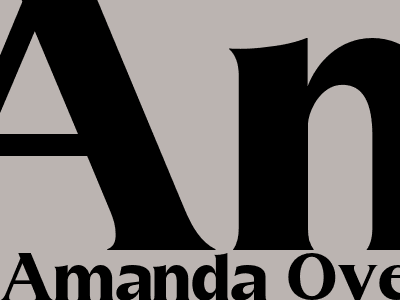Best Food for Goldendoodles: Feeding Your Hybrid Happily
Introduction
Goldendoodles, a cross between Golden Retrievers and Poodles, are beloved family pets known for their intelligence, friendly nature, and curly coats. To ensure their health and well-being, it's crucial to provide them with a nutritious and species-appropriate diet. This comprehensive guide will delve into the best food options for Goldendoodles, considering their unique dietary needs, age, and individual preferences.
Nutritional Requirements for Goldendoodles
Protein:
Goldendoodles require a moderate amount of protein in their diet, typically around 22-26%. High-quality protein sources like lean meats (chicken, fish, lamb), organ meats, and eggs are essential for muscle growth and repair, healthy skin and coat, and a strong immune system.
Carbohydrates:
Carbohydrates provide Goldendoodles with energy and fiber. Good sources of carbohydrates include brown rice, oatmeal, sweet potatoes, and fruits. Complex carbohydrates are slowly digested, helping regulate blood sugar levels and promoting satiety.
Fats:
Fats are crucial for energy storage, cell function, and absorbing fat-soluble vitamins. Goldendoodles should consume healthy fats from sources like fish oil, olive oil, and flaxseed oil. These fats support cognitive development, skin health, and a shiny coat.
Choosing the Right Food for Your Goldendoodle
Age:
Goldendoodles have different nutritional needs at different stages of their lives. Puppies require a diet higher in protein (28-32%) for growth and development, while adult Goldendoodles need a more balanced diet (22-26% protein).
Activity Level:
Active Goldendoodles may require more calories and protein to support their increased energy expenditure. Consult with a veterinarian or veterinary nutritionist to determine the appropriate calorie intake for your pet.
Allergies:
Some Goldendoodles may have food allergies or sensitivities. If your pet exhibits symptoms like itching, rashes, or digestive issues, consider consulting with a veterinarian to identify and eliminate potential allergens from their diet.
Commercial vs. Homemade Food for Goldendoodles
Both commercial and homemade diets can provide a balanced and nutritious diet for Goldendoodles. Commercial foods are convenient and widely available, but it's essential to choose high-quality products from reputable brands. Homemade diets offer more control over ingredients but require careful planning and preparation to ensure nutritional adequacy.
Here's a table summarizing the pros and cons of each option:
| Option | Pros | Cons | |---|---|---| | Commercial Food | Convenient, widely available, balanced if chosen carefully | May contain fillers, artificial ingredients, or allergens | | Homemade Food | Control over ingredients, customizable to individual needs | Requires careful planning and preparation, may be time-consuming |Conclusion
Feeding your Goldendoodle a healthy and nutritious diet is essential for their overall well-being. By considering their unique nutritional requirements, age, activity level, and individual preferences, you can provide them with the best possible diet. Whether you choose commercial or homemade food, prioritize high-quality ingredients and consult with a veterinarian or veterinary nutritionist to ensure your Goldendoodle receives the optimal nutrition for a happy and healthy life.

Comments